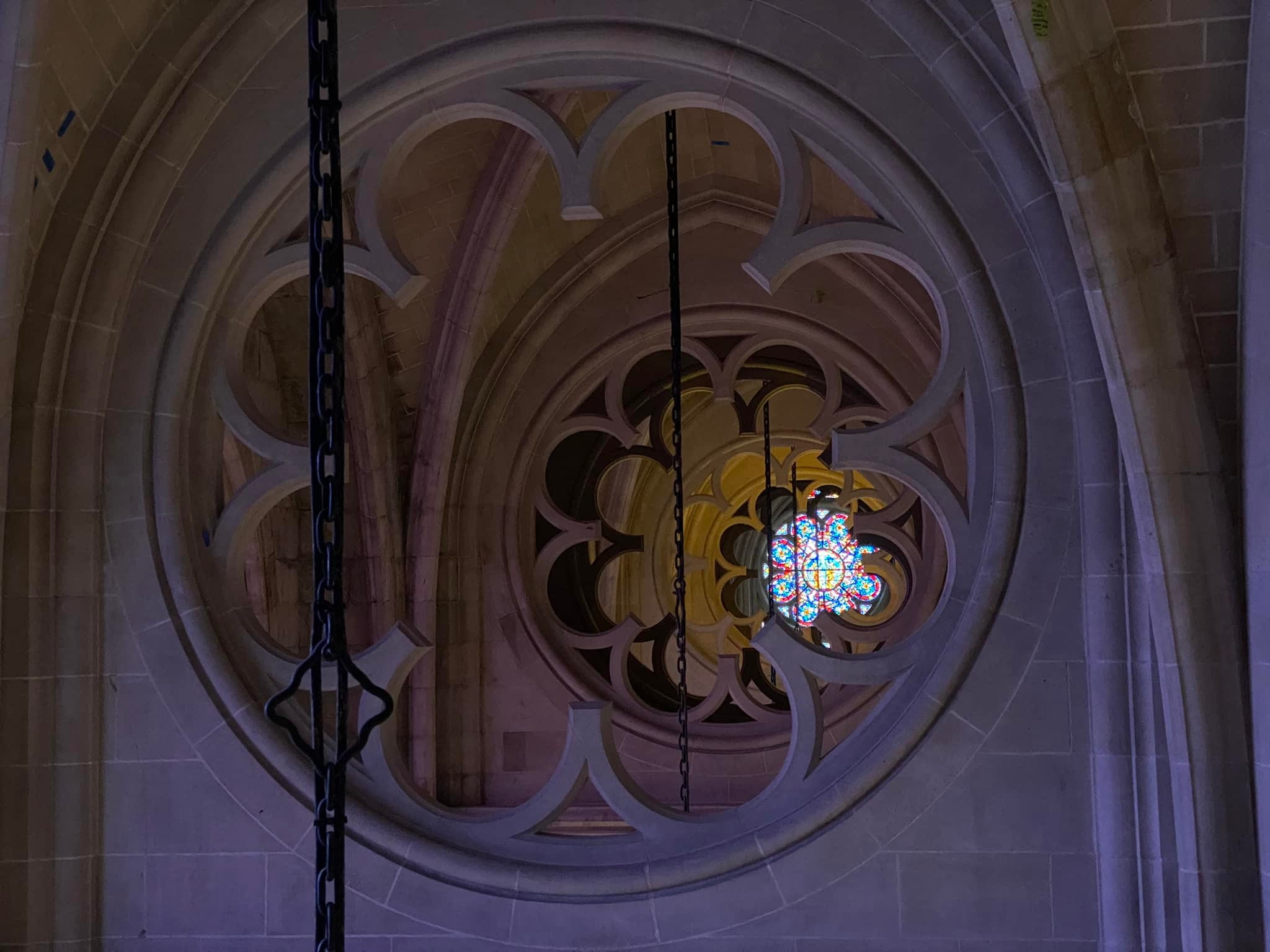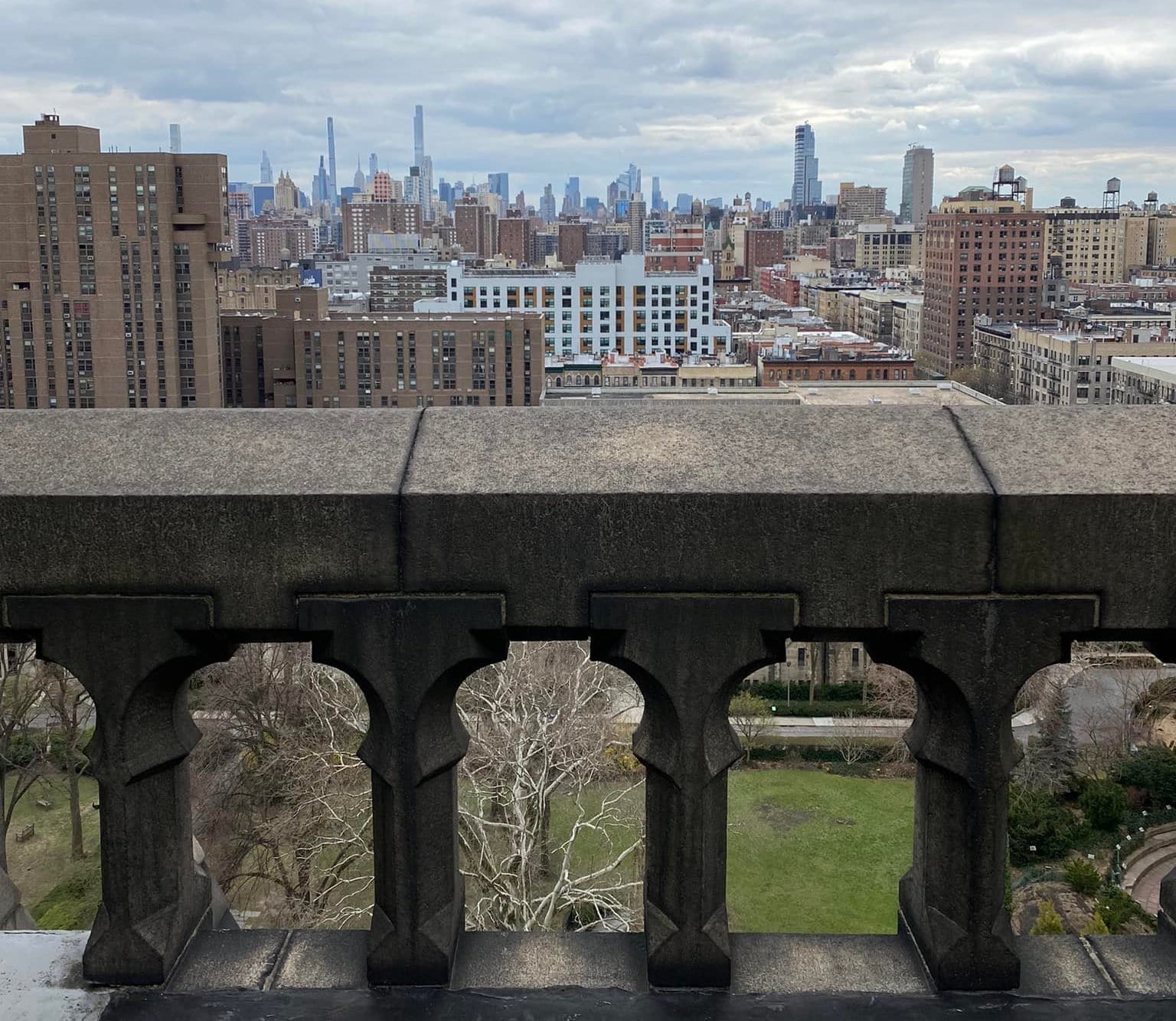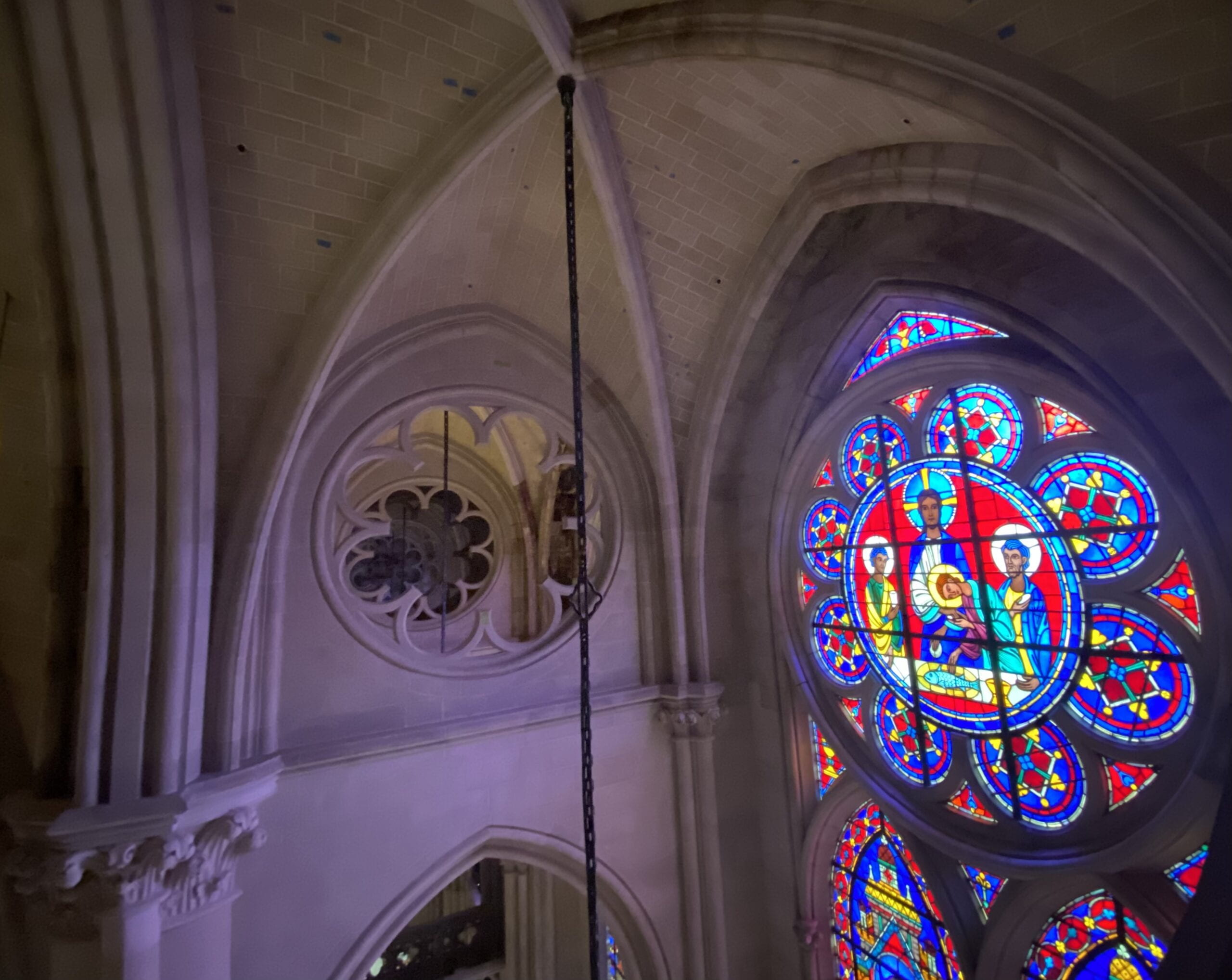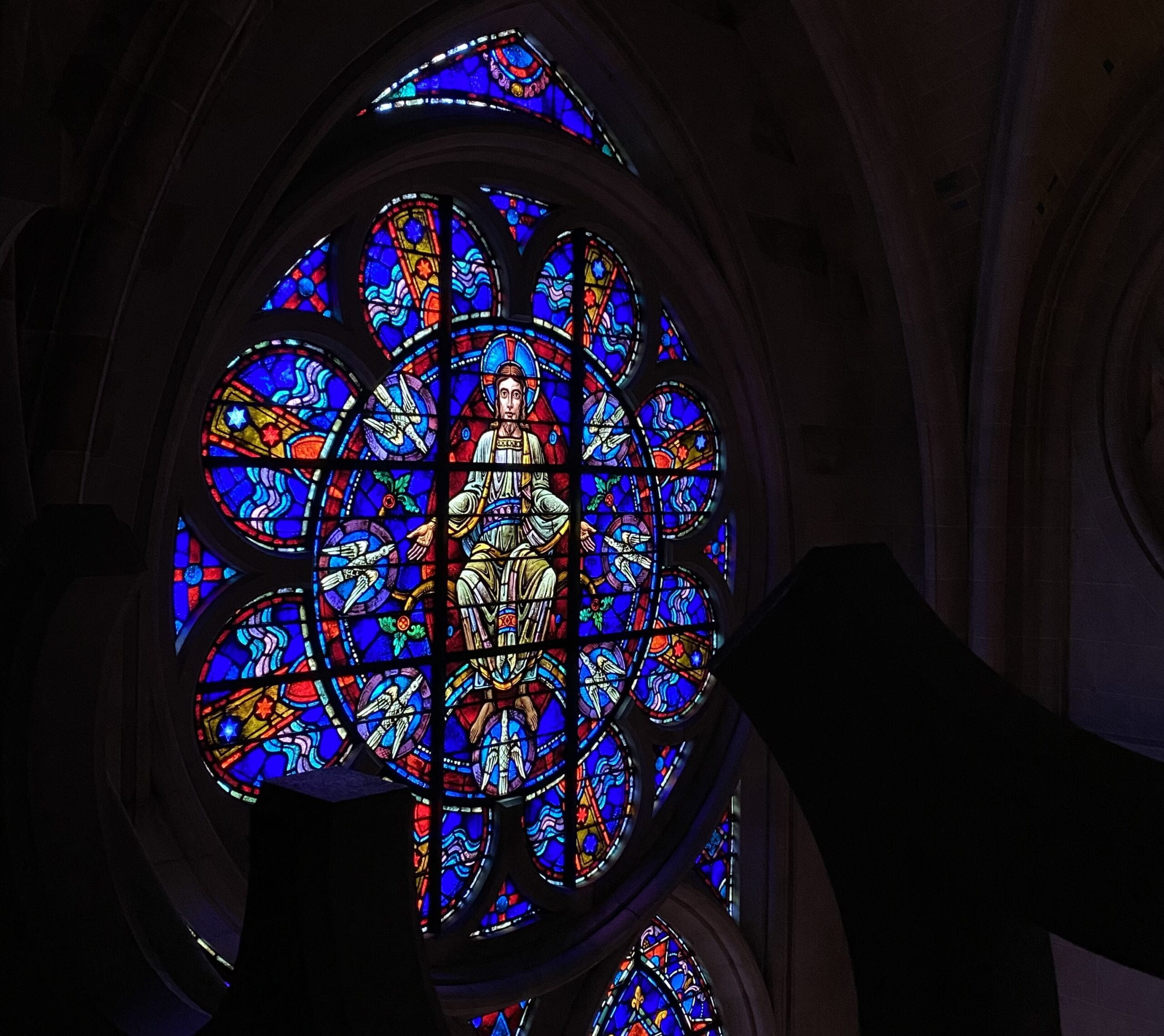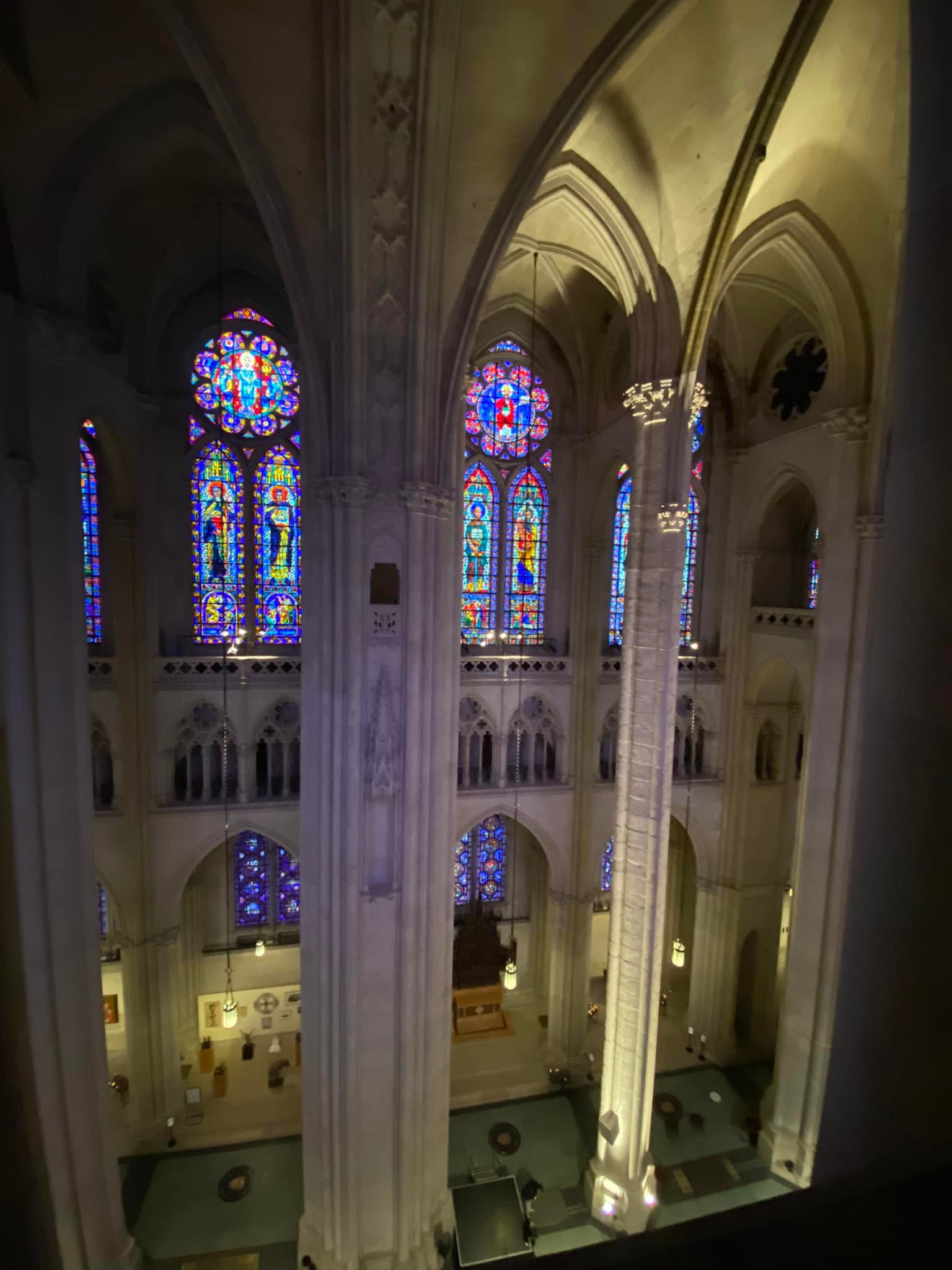This year’s book roundup, with 2020 being the first year in recent memory that I’ve come even vaguely close to doing as much non-work as I would like because the combination of tenure, quarantine, and audiobooks makes for getting through rather a lot of fiction and other miscellaneous reading. I’ve still got more on my to-read list than I’ll get through in a lifetime, though. Next year, more essay collections. I’m excited about the ones I have queued up.
Without further ado, a very idiosyncratic list of the books I read outside my own research reading:
***
Least sympathy for a problem the protagonist created for himself and then exacerbated through his solipsistic outlook and life and very ineffective explanations to everyone in spite of situations being totally innocuous : Salvo Montalbano and all the women in his life he freaked out and otherwise upset by cluelessly toting around some suspicious blow-up sex-doll evidence from a crime scene in The Treasure Hunt by Andrea Camilleri, (all Montalbano audiobooks read by Grover Gardner)
Why, yes, I have read Life is a Dream by Pedro Calderón de la Barca: The Game of Mirrors, by Andrea Camilleri
Best typesetting issue: The standard Olivetti in the office when the guys needed a typewriter that could type in Arabic letters, The Snack Thief by Andrea Camilleri
Lawrence of Sicilia: Ngilino “il sheikh” Sinagra in The Excursion to Tindari by Andrea Camilleri
The moment at which I was cautiously (if ultimately incorrectly) hopeful that this wouldn’t be a faux-benevolent Orientalist novel: “Montalbano was certain that the doctor was repeating word for word what he had asked him to say. Though he didn’t know any Arabic, he had the impression he understood a few words. As he was listening he remembered that once upon a time all the fishermen in the Mediterranean spoke a common language, known as ‘Sabir.’ It was anyone’s guess how it had come into being, and it was anyone’s guess how it had died. Nowadays it would have been extremely useful to everyone.” The Other End of the Line by Andrea Camilleri
Lost track of who all was shooting at whom, and honestly didn’t care: The Terra Cotta Dog, by Andrea Camilleri
Because it was time to try something different by Camilleri: The Sacco Gang, audiobook also read by Grover Gardner
The series really declined in the end: The Safety Net by Andrea Camilleri
Kinda can’t quit it, though: The Sicilian Method by Andrea Camilleri
But my God, is Montalbano a jerk to women: The Paper Moon, by Andrea Camilleri, audiobook read by Grover Gardner
Read more detective fiction by women: The Dance of the Seagull by Andrea Camilleri*
Pre-pandemic women-in-translation book club: Space Invaders by Nona Fernández, translated by Natasha Wimmer (and I played nice was wasn’t the person who showed up to the lit-in-translation book club having read it in the original)
No, seriously, read more detective fiction by women: The Mysterious Affair at Styles by Agatha Christie, read by Phoebe Judge
With that said, I do tend to read monographically: A Small Town in Germany, Agent Running in the Field, Tinker, Tailor, Solider, Spy, A Murder of Quality, all by John Le Carré.
Pretty sure I’m rooting for the wrong side: Call for the Dead by John Le Carré
Honest-to-God jaw drop at the end: The Looking Glass War by John Le Carré
Kept losing track of all the different intelligence agents: The Honourable Schoolboy by John Le Carré
Kenneth Branaugh’s American woman accent is awful: Death on the Nile by Agatha Christie, audiobook read disappointingly
I have been reading the series since the beginning and despite the kerfuffle over the latest entry, I chose to read it *before* deciding that I didn’t like it despite my previous comment about the value of reading more detective fiction by women: Troubled Blood by Robert Galbraith, audiobook read by Robert Glenister
Should have read in Italian but didn’t: Chronicles of a Liquid Society, by Umberto Eco
Am reading in Italian: Inferno, by Dante Alighieri (to be finished next year; am taking a class for intermediate-to-advanced language learners)
This is not how the academy works. Not at all: Camino Island by John Grisham
Honestly, this is a better representation of university life, and it’s a *fantasy* novel: The Ninth House by Leigh Bardugo
Not really that much less prudent than anybody else: The Imprudent King by Geoffrey Parker
The other books I read to prepare to take students to the aforementioned king’s palace at El Escorial because I am Not An Art Historian(tm): El Escorial by Henry Kamen and De El Bosco a Tiziano: Arte y maravilla en El Escorial by Fernando Checa
My own Madrid travel and thwarted travel reading: El anarquista que se llamaba como yo by Pablo Martín Sánchez (to be finished in the coming year — it’s a brick); Pagan Spain by Richard Wright
Further proof that I’m more of a non-fiction girl: The Man Who Played With Fire: Stieg Larsson’s Lost Files and the Hunt for an Assassin by Jan Stocklassa, translated by Tara Chase
Surprise neo-Nazis: See above.
Non-surprise neo-Nazis: Culture Warlords by Talia Lavin
Non-surprise, classic Nazis: Citizen 865 by Debbie Cenziper
Crossover/trade books read with an eye toward writing my own, a list that doesn’t include any of the books I was planning for it to at the start of the year: Jean Genet by Stephen Barber, Petrarch by Christopher S. Celenza, Maimonides by Sherwin Nuland
Haven’t read it since about the third grade and wanted to refresh my memory before watching the movie: Robinson Crusoe by Daniel Defoe, audiobook read by Simon Vance
Palate cleanser after reading and watching Robinson Crusoe: Foe by J.M. Coetzee
Read in memoriam, just weeks after sending him his offprints from my edited volume: Ours: The Making and Unmaking of a Jesuit by Frank Peters
Because, thank God 2020 is over already: Subtweet by Vivek Shraya; Diary of a Plague Year by Daniel Defoe; Too Much and Never Enough by Mary Trump
*Disclaimer because I know some dude is going to pop up and make sure that i know that Andrea, in Italian, is a man’s name. Yes, yes I do. And that’s rather the point.

